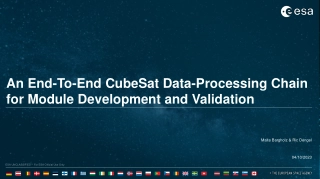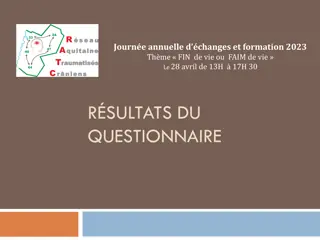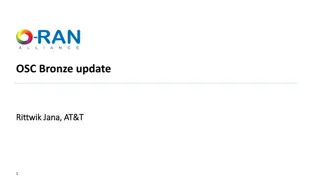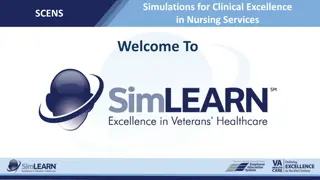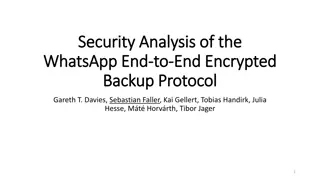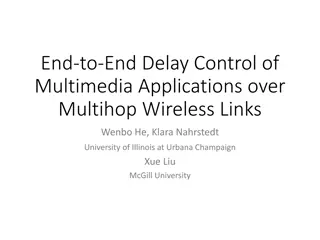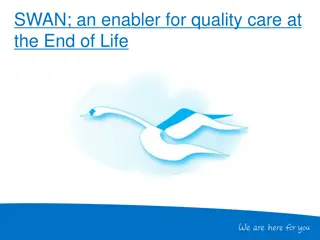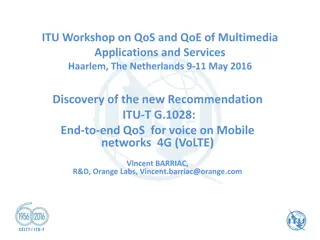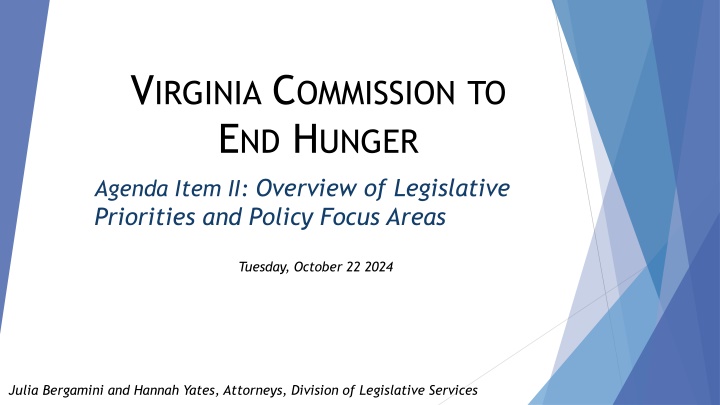
Virginia Commission to End Hunger Legislative Priorities and Policies Overview
Discover the legislative priorities and policy focus areas of the Virginia Commission to End Hunger, including insights on income considerations for dependents and children, food desert mapping, existing programs and initiatives, and low-cost measures implemented in other states to combat hunger.
Download Presentation

Please find below an Image/Link to download the presentation.
The content on the website is provided AS IS for your information and personal use only. It may not be sold, licensed, or shared on other websites without obtaining consent from the author. If you encounter any issues during the download, it is possible that the publisher has removed the file from their server.
You are allowed to download the files provided on this website for personal or commercial use, subject to the condition that they are used lawfully. All files are the property of their respective owners.
The content on the website is provided AS IS for your information and personal use only. It may not be sold, licensed, or shared on other websites without obtaining consent from the author.
E N D
Presentation Transcript
VIRGINIA COMMISSION TO END HUNGER Agenda Item II: Overview of Legislative Priorities and Policy Focus Areas Tuesday, October 22 2024 Julia Bergamini and Hannah Yates, Attorneys, Division of Legislative Services
Income of dependents, children in household, and SNAP eligibility Income of children under 18 and still in school is not counted. Exclusion applies to children under 18 who attend elementary or high school, attend GED classes, or are enrolled in a home-school program. Exclusion applies during school vacation breaks, provided the child will return to school following the break.
Food Desert & Food Insecurity Mapping Current VA Examples (not created legislatively) Food Deserts in Virginia (looks like page was created in 2020; unclear who developed it) Richmond Food Desert Map (created by a student at William & Mary) Oregon Hunger Task Force 2023 Food Insecurity Map: Developed by Oregon's Hunger Task Force (ORS 458.545 Hunger Task Force)
Programs, Initiatives, and Policies Already Existing/Implemented in Commonwealth Cross-enrollment/One place to apply Virginia CommonHelp Allows users to submit a single application online and various state agencies analyze the application and determine which benefits for which the user is eligible. Fresh/Local Foods Incentives Virginia Fresh Match Nutrition incentive program consisting of various Virginia farmers markets, mobile markets, and community food stores that accept SNAP that offers incentives that double the value of SNAP dollars spent on fruits and vegetables SNAP Assets Test; accessibility measures 23.1-801
Low-Cost, Easy to Implement Measures: New Jersey A5880 (2020-21)Authorizes the creation of a mobile app for state residents to register for SNAP and track their benefits. Appropriates $2 million As a part of bill, requires Department to apply for federal grants through the SNAP Process and Technology Improvement Grants program Notes potential for increase in federal revenue received by State due to federal cost sharing for SNAP administrative costs, including automated data processing development and operation Lower-cost: New Jersey A4703 (2018-2019) "Anti-Hunger Link Requires establishment and maintenance of an Anti-Hunger Link on the official website of every State executive department that directs the website user to a webpage listing all of the emergency food programs in the State, including emergency meal providers, food pantries, child and senior feeding programs, faith-based anti-hunger initiatives, etc.
Low-Cost, Easy to Implement Measures: West Virginia HB4478 (2018) Shared Table Initiative. Encourages schools to (i) collect unused food appropriate for redistribution and make it available throughout the day to students who may be hungry, (ii) provide a method for discrete distribution of that food to be taken home by kids with food insecurity, and (iii) donate any unused food to local food pantries and other entities. Fiscal: negligible Louisiana HCR35 (2022). Requests a study to be conducted and recommendations made to the legislature concerning means by which to eliminate "benefits cliffs" in public assistance programs
Other, More Costly Legislative Actions: Oregon SB1585 (2024). Task Force on Maximizing Supplemental Nutrition Assistance Program Benefits. Established for the purpose of analyzing options available under any applicable federal waivers or federal programs to maximize the food choices for recipients of SNAP benefits Fiscal: Appropriated $ 481,371 NY SB S6083A (2018). Provides a tax credit to eligible grocery stores, wholesalers, restaurants, or catering services in the amount of 25% of the wholesale value of that entity's donations of wholesome, surplus food made to any eligible food pantry during the taxable year
Other, More Costly Legislative Actions: Delaware SB254 Delaware Grocery Initiative. Requires Office of State Planning Coordination to study food insecurity in urban and rural food deserts and to identify communities at risk of becoming food deserts Fiscal: (cost over three-year initiative) FY 2025: $382,861; FY 2026: $517,406; FY 2027: $528,778 Illinois HB3157 (2017): Requires Department of Agriculture to identify and track geographical areas in the state that are food deserts Fiscal: about $ 250,000 annually DC No Senior Hungry Omnibus Amendment Act of 2022, Section 319. Senior nutrition services communications plan. Directs Department to develop and implement a plan for ensuring more effective outreach to seniors
Unsuccessful Legislation from Prior GA Sessions: HJ558 (Sen. Roem) (2021). Student meal donation programs; baccalaureate public institution of higher education to establish. HJ633 (Del. Simon) (2017). Study; Department of Agriculture and Consumer Services; incentives for grocery stores to donate unsold, unspoiled food to charitable organizations; report. HB1106 (Del. McQuinn) (2022). Produce Rx Program established; report.

